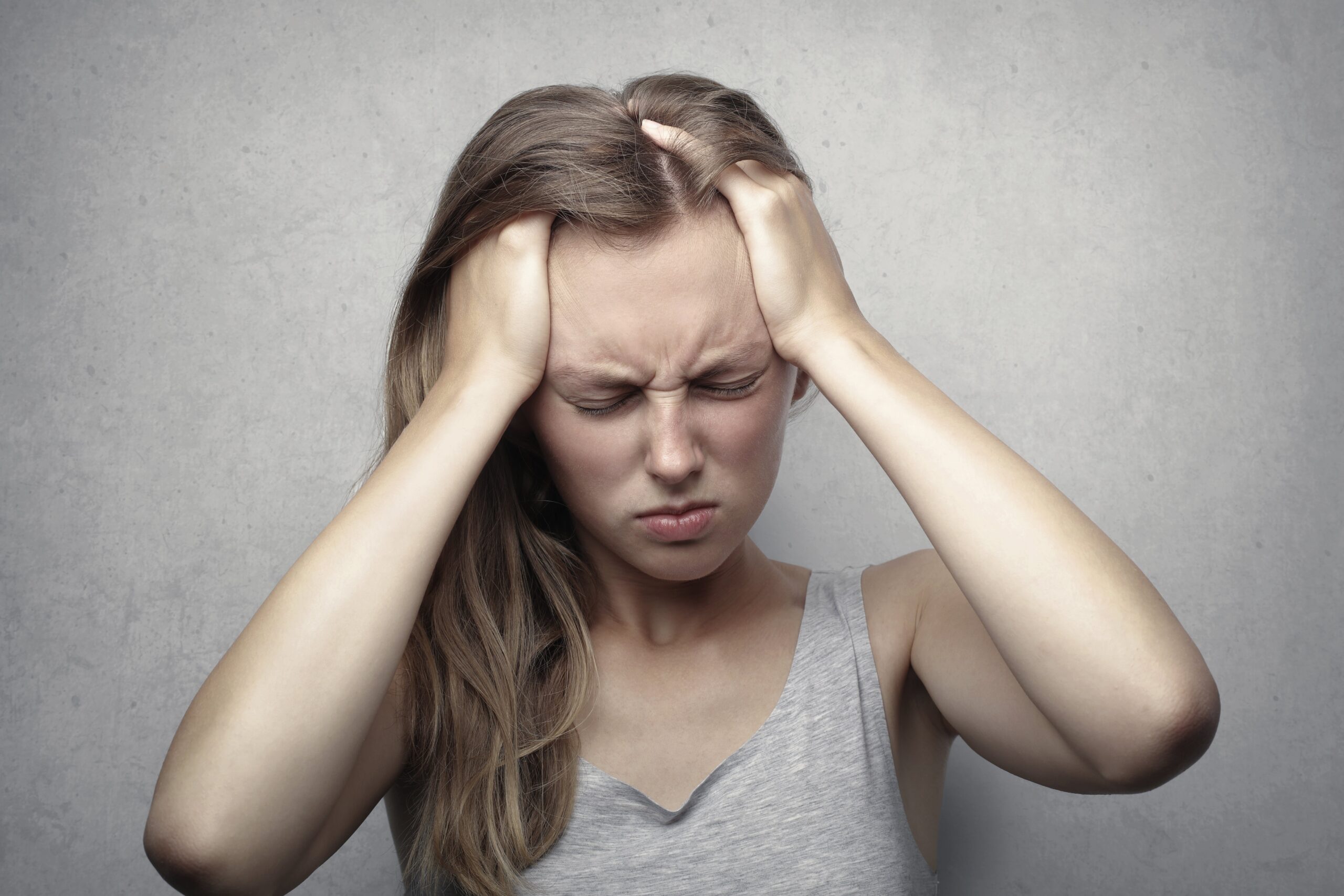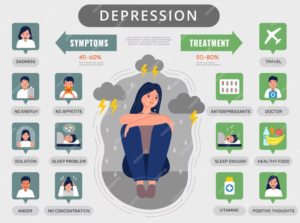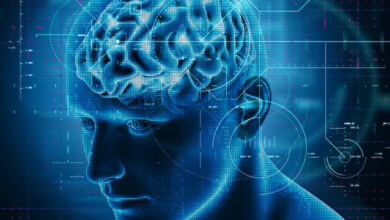What is Depression? Its Signs and Solution

What is Depression?
Depression is a common mental health condition affecting mood, thinking, and behavior. It’s more than just sadness, involving ongoing feelings of emptiness and a lack of interest in usual activities. Symptoms can disrupt sleep, appetite, and focus. It’s not a sign of weakness and can be treated through therapy, medication, or a combination of both. It transcends mere feelings of sadness or a transient emotional response to life’s challenges. Depression is a profound, often debilitating condition that necessitates careful attention and treatment.
The Essence of Depression
At its core, depression is characterized by a deep-seated sense of despair and disinterest in life. It’s not just a fleeting blue mood but a persistent state of sadness that interferes with one’s ability to function effectively in daily life.

Decoding the Signs of Depression
Recognizing the signs of depression is crucial for early intervention. Here’s a detailed look at the key indicators:
- Pervasive Sadness or Hopelessness: This sign refers to a deep and constant feeling of despair that is much more intense and enduring than just feeling momentarily sad or down. It’s an emotional state where feelings of hopelessness dominate, making it hard to see any positive future.
- Loss of Interest in Activities: Individuals with depression often find they no longer enjoy activities they used to love. This could include hobbies, social gatherings, or even intimate relationships. It’s a sense of disconnection and lack of pleasure in almost all aspects of life.
- Weight Changes: Depression can often result in notable shifts in how a person eats, occurring without any planned effort. Some may experience a lack of appetite and lose weight, while others might eat more and gain weight. These changes are a physical manifestation of the emotional turmoil.
- Sleep Disturbances: Those suffering from depression might experience various sleep-related issues. This can include difficulty falling asleep (insomnia), waking up very early and not being able to go back to sleep, or sleeping excessively, yet not feeling rested.
- Loss of Energy: Feeling constantly tired or lacking energy is a typical symptom of depression. This fatigue is more than just physical tiredness and can be deeply rooted in the mental state. Tasks and activities that were once easy and routine can become overwhelmingly exhausting, further contributing to a cycle of inactivity and low mood.
- Feelings of Worthlessness or Excessive Guilt: Depression often brings with it an exaggerated sense of self-criticism or inappropriate guilt. This might include fixating on past mistakes or feeling guilty about things that are not one’s fault.
- Difficulty in Thinking, Concentrating, or Making Decisions: This refers to a decreased ability to focus, remember things, or make decisions. People with depression often describe a foggy brain or an inability to think clearly, impacting their work and daily activities.
- Physical Symptoms: Often overlooked, depression can manifest physically. It can cause unexplained physical issues like persistent headaches, digestive problems, or chronic pain, which don’t seem to have any other medical cause.
- Thoughts of Death or Suicide: A particularly serious symptom of depression is frequent thoughts about death, dying, or suicide. This might range from a preoccupation with death to actual suicidal thoughts, plans, or attempts.

Navigating Through the Solutions for Depression
Professional Intervention
Seeking help from mental health professionals is paramount. This may include:
- Therapy: Participating in psychotherapy, like cognitive-behavioral therapy (CBT), often significantly helps relieve depression.
- Medication: Antidepressants may be prescribed to manage symptoms.
Lifestyle Modifications
Simple changes in lifestyle can contribute to improved mental health:
- Regular Exercise: Participating in physical activities can improve mood and overall mental health.
- Nutritional Diet: A balanced diet can positively affect mental health.
- Sleep Hygiene: Keeping a regular sleep routine is beneficial for regulating mood and energy
Involvement in Nature
The Benefits of Nature on Mental Well-Being
- Natural Stress Relief: Being in nature, whether it’s a walk in the park, a hike in the woods, or simply sitting in a garden, can reduce stress levels. The serene setting helps calm the mind, lowering cortisol levels, which are often elevated in depression.
- Enhanced Mood: Exposure to natural light and the outdoors is known to improve mood. Sunlight, in particular, can increase serotonin levels, a mood-lifting chemical in the brain.
- Mindfulness and Presence: Nature encourages a state of mindfulness, helping individuals focus on the present moment. This mindfulness can divert attention away from negative thoughts and provide a sense of peace.
- Increased Physical Activity: Activities in nature, such as hiking, gardening, or bird-watching, often involve physical movement, which further boosts mood and general health.

Tips to Reduce Depression: Practical Strategies
Reducing the impact of depression involves a combination of professional treatment and self-help strategies:
- Stay Socially Connected: Isolation can exacerbate depression, so maintaining social contacts is important.
- Develop a Routine: Structuring your day can provide a sense of normalcy and purpose.
- Set Realistic Goals: Break tasks into smaller steps to avoid feeling overwhelmed.
- Challenge Negative Thoughts: Learn to replace negative thoughts with more balanced ones.
- Mindfulness and Relaxation Techniques: Practices like meditation, yoga, or deep breathing exercises can reduce stress and improve mood.
- Journaling: Writing about your thoughts and feelings can be a therapeutic way to understand and manage them.

Conclusion
Understanding depression in all its complexity is crucial to both recognizing it in ourselves or others and taking the essential steps towards healing. Depression is more than just a series of bad days or a fleeting sadness; it is a substantial mental health condition that profoundly affects a person’s emotions, thoughts, and behaviors. Its impact on daily life cannot be understated, requiring both compassion and effective treatment strategies.







